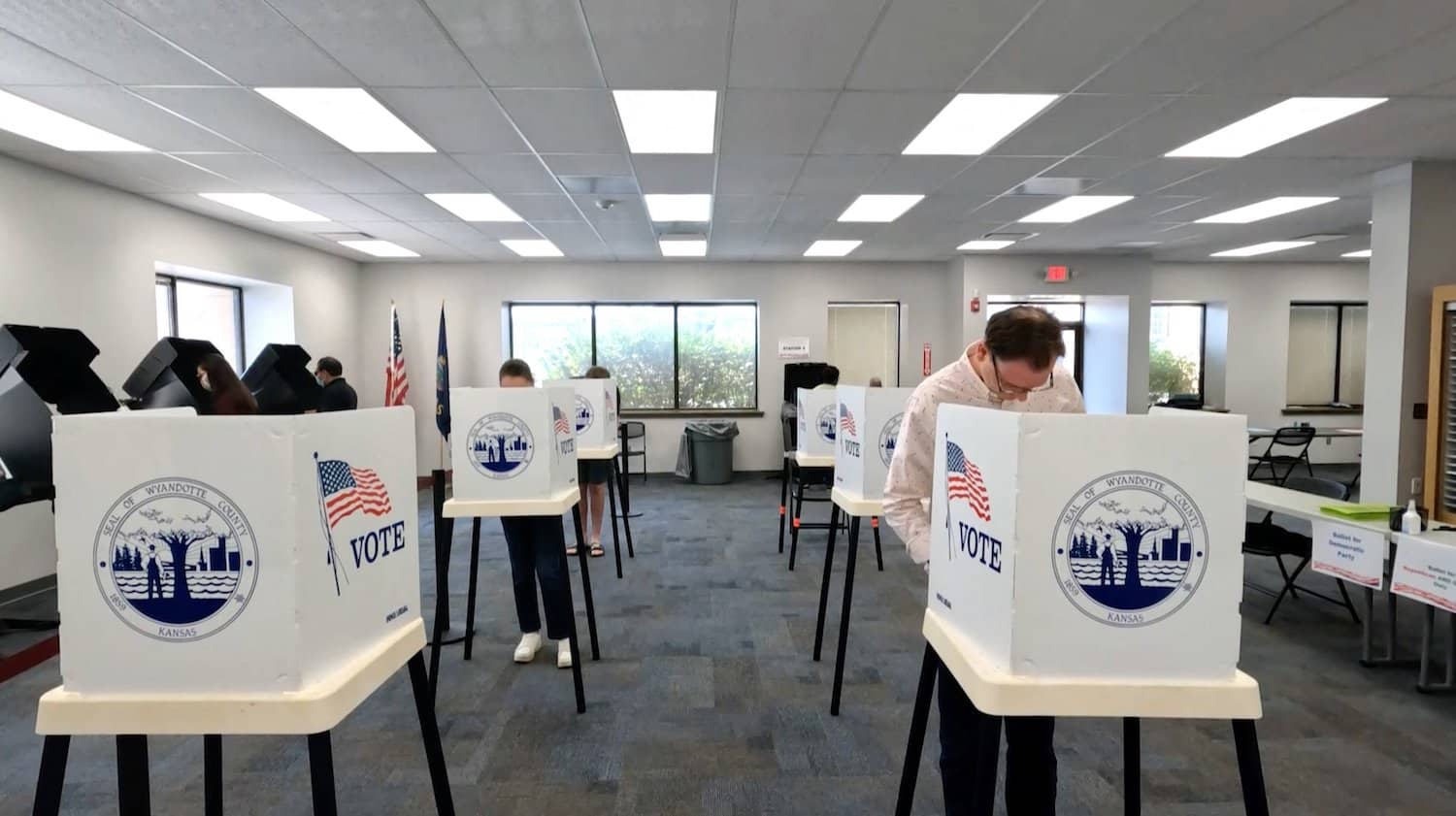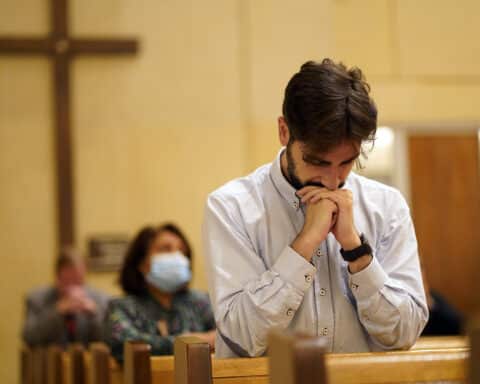Question: The Church says it will not tell the faithful which party to vote for. Fine, but doesn’t the Catechism of the Catholic Church (Nos. 1868-1869) warn Catholics that it is a grievous sin to cooperate with evil? Some bishops have started to call abortion the greatest evil (sin) in the world today. (The World Health Organization reported in 2021 that about 73 million abortions take place worldwide each year.) The Church doesn’t say do not vote for the abortion party, but it seems to teach the consequences for doing so.
— J. Flynn, via email
Answer: Church leaders generally refrain from broad declarations about political parties or instructing the faithful not to vote for a party. The general reason for this is prudential. Political passions tend to cloud issues, and the moral teaching is lost in often heated accusations about the true motives of Church leaders. The preferred method is to teach on the issues and ask Catholics to bring Church teaching into the culture and political process.
Your concern that Catholics not vote for pro-choice leaders is appropriate and Catholics should seek to urge each other to vote responsibly in regard to moral matters. However, direct appeals not to vote for this or that party are unlikely for the reasons stated.
As for cooperation with evil in voting, some years ago Cardinal Joseph Ratzinger (later Pope Benedict XVI) made a distinction: “A Catholic would be guilty of formal cooperation in evil … if he were to deliberately vote for a candidate precisely because of the candidate’s permissive stand on abortion and/or euthanasia. When a Catholic does not share a candidate’s stand in favor of abortion and/or euthanasia, but votes for that candidate for other reasons, it is considered remote material cooperation, which can be permitted in the presence of proportionate reasons” (Worthiness to Receive Communion).





